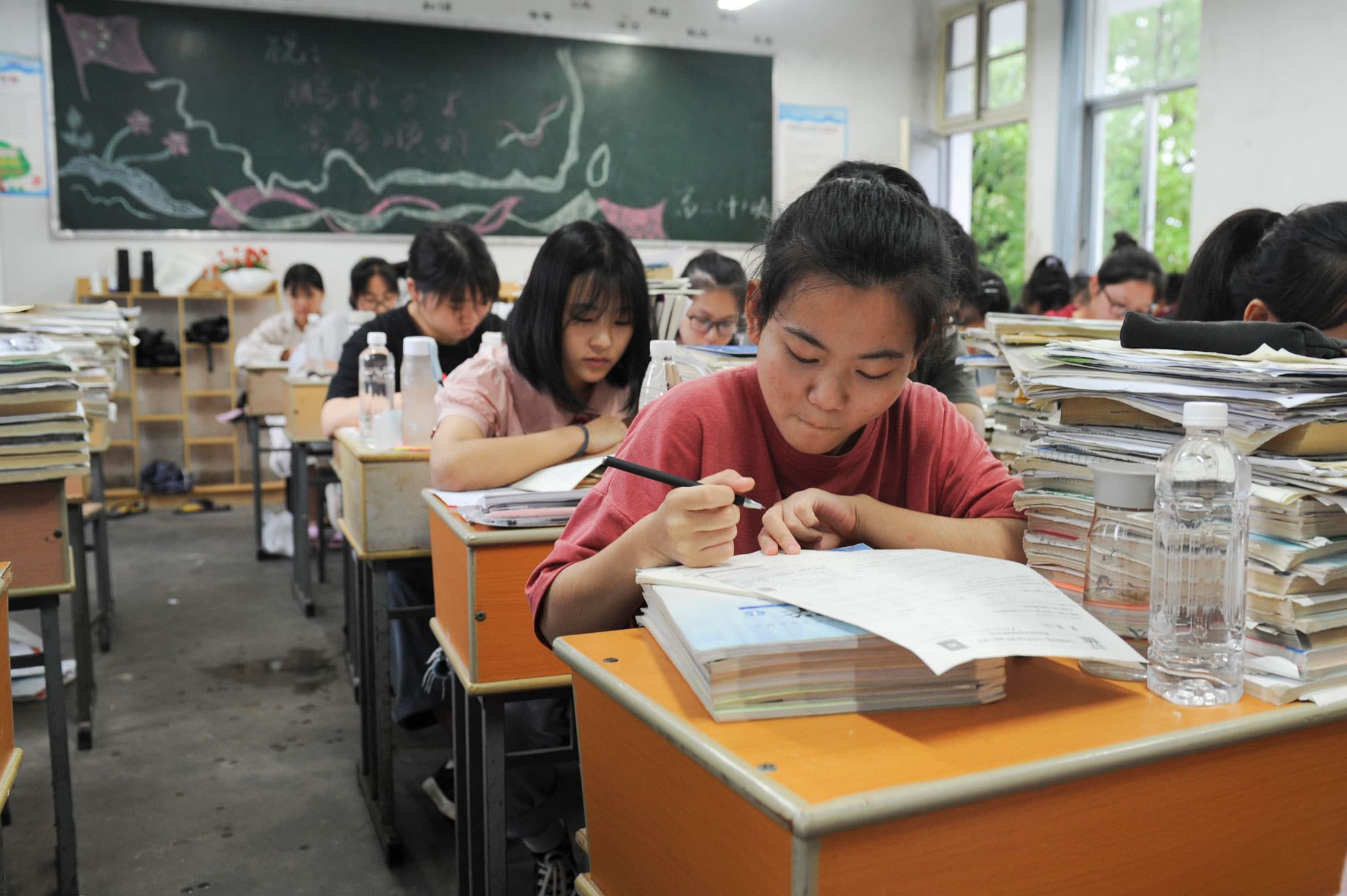Unlike 70 years ago, when autocratic parenting was common, today it is not. Children who do not obey tight rules set by their parents and are penalised for not doing so are tough to parent.
Digitalisation has surely influenced parenting. We can’t help our kids manage puberty when they have access to social media, pornography, and violent stuff. Even if we can’t be great parents, we can protect our kids from the dangers of the digital world.
Modeling
You don’t have to be a model to be a good parent, but you must walk the walk. Perceptions shape children’s behaviour, especially in their earliest years. So, if you want people to act, you must show them.

You must not just set limits for your children’s technology use, but also for your own. It’s tough to avoid TV while constantly checking Facebook. It’s unjust. Instead, take them for a stroll or a picnic, read to them, or enrol them in volunteer programmes that teach empathy and compassion.
Conceptualization
Parenting in the digital age means keeping up. Digital media has both positive and negative effects on youngsters. The key is for parents to be flexible enough to offer their children what they need. While we understand that some parents may struggle with technology, we believe that parents must actively engage in their children’s development.
Punishment?
While some parents believe that punishing their children is an efficient approach to teach them cooperation, multiple studies suggest that violent exposure can really harm children. The only solution is to beat your kids. Adults can use verbal and physical abuse to resolve conflicts.
Teaching your kids right from wrong in a world when they trust the internet more than you can be challenging. Is there an escape? You might wish to try positive discipline. A system that trains youngsters to face obstacles with calm and wisdom. When a child makes a mistake, explain why it is wrong and suggest a better solution. This way is more democratic, does not demean the child, and benefits your child.
Contact your child
Most of the time, kids and teens flock to technology because their parents are inaccessible. Make time to talk to your child, ask about their day, and give them hugs and kisses. Emotional touch is important for your child’s mental and physical development.
If you want to know about their love life, friends, or current activities, chat to them. They need to trust you before they can open up. You may need to be patient, but be supportive. On how to handle your child’s first date and first heartbreak can be found here.

Monitoring
The same parenting rules apply in both real and virtual worlds. Kids will be kids. They will forever blunder with the media. Empathize with mistakes and turn them into learning opportunities. Sexting, bullying, and spreading self-harm photos are red flags. Parents must closely monitor their children’s internet activities, including what platforms, apps, and websites they use. It’s also critical to know your kids’ online and offline friends.

Keeping in mind that not all apps are “educational,” parents should read reviews and screen them before allowing their kids to use them. Parents should also utilise parental controls on their devices to block access to any sites or apps that they believe are harmful to their children.
Not Compare
“I used to be able to. Why not?” No reason why you can’t work as hard as your sister. Our society is rife with comparison due to our expectations for our children’s development. While we all want the best for our kids, they shouldn’t be forced to flourish in areas they’re not interested in just to please someone else’s daughter.
We can’t stop the world from progressing; we can just adapt and be great parents. Parents who aren’t tech-savvy should learn to participate in their kids’ lives. In fact, the right information can help your youngster learn more successfully.







